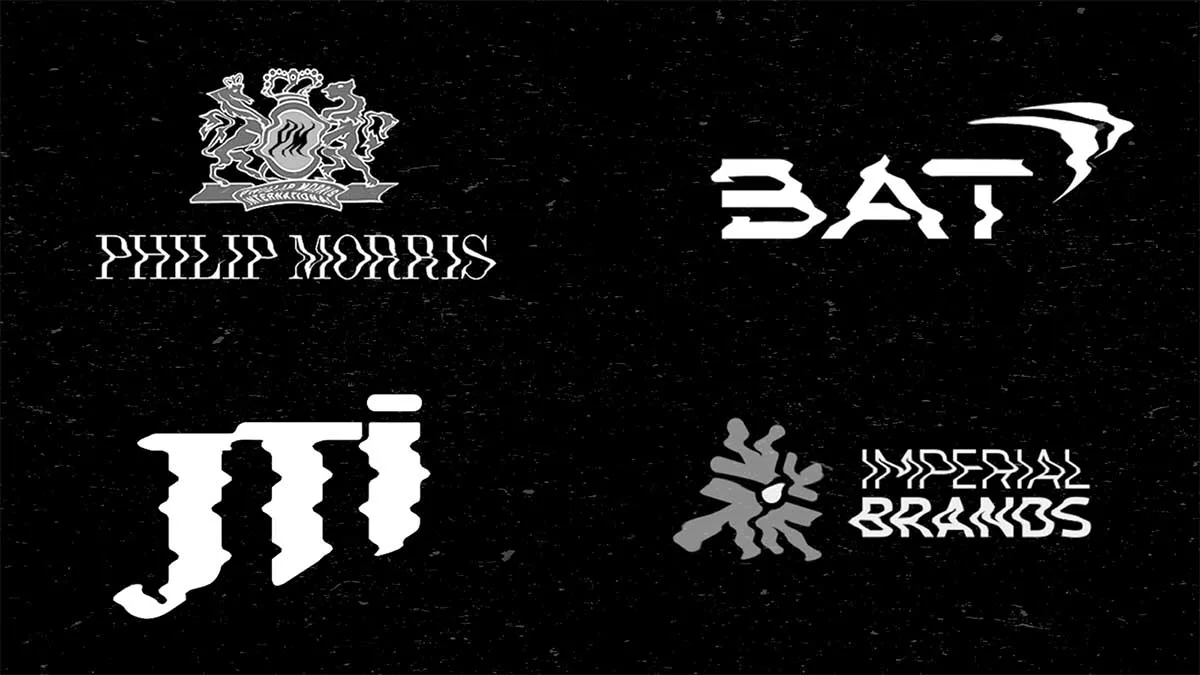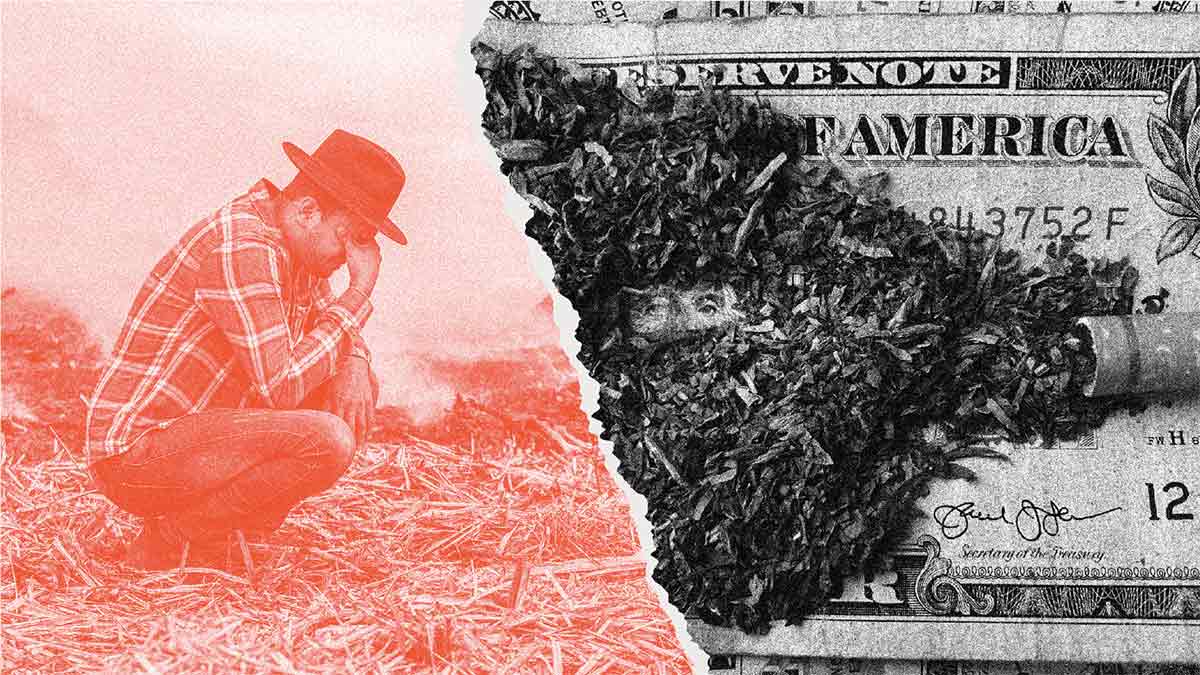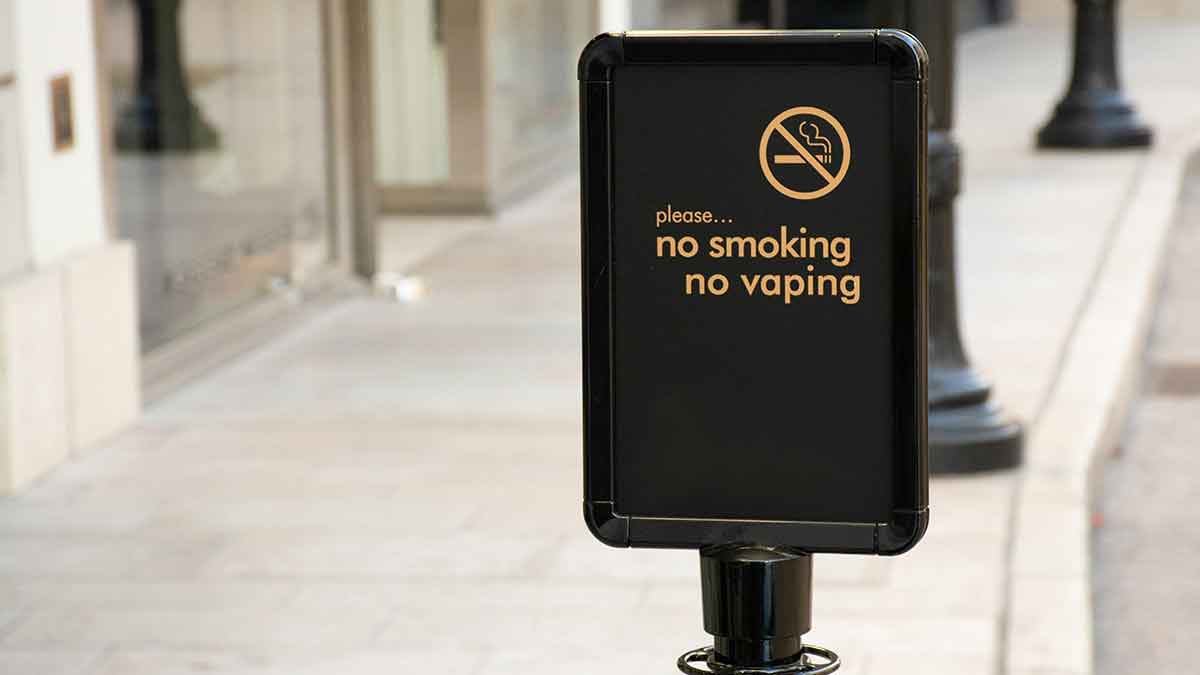- Resources
- News
-
-
Get Email Updates
Sign up for STOP's emails and never miss an update on our latest work and the tobacco industry's activity.
-
Get Funding
Ready to tackle industry interference? You could be eligible for a grant.
-
Share a Tip
Do you have information on tobacco industry misconduct in your country? Let us know.
-
Get Email Updates

We know that smoking damages the immune system and increases susceptibility to viral infections and pneumonia. And a World Health Organization review of the current evidence shows that smokers are more likely to fare worse than non-smokers if infected with COVID-19. Even with these facts—even during a pandemic—tobacco companies are unrelenting in their efforts to keep people smoking.
A primer on tobacco industry lobbying
One of the industry’s many tactics for getting what it wants is lobbying, or, trying to influence policymakers to create laws and regulations that are conducive to growing tobacco industry profits. Sometimes the tobacco industry’s lobbying approach is direct, like when tobacco companies overtly approach legislators; other times, efforts are slightly more subtle, such as when a tobacco company buys billboard advertising space to promote an industry-friendly law just before a vote. Sometimes tobacco companies succeed, and sometimes they don’t. But they never stop trying.
To assist in their lobbying efforts, tobacco companies often engage in so-called corporate social responsibility (CSR) activities. While many of these activities aim to convince the public that the industry has reformed itself, some also work to build favor with governments, such as British American Tobacco’s and Philip Morris International’s recent monetary donations to the Georgian government’s StopCoV fund and PMI’s donation of personal protective equipment to Bangladesh’s health-service providers.
The industry’s hope is that these CSR acts will help portray tobacco companies as socially responsible partners and help them gain access to policymakers for future requests for special treatment.
Industry lobbying in the time of COVID-19
Industry lobbying hasn’t slowed during the pandemic; in fact, some companies are lobbying against new rules created to help fight the pandemic and even using COVID-19 as a new angle for lobby arguments. Here are three examples.
Influencing tobacco bans in Bangladesh
To lessen the burden of COVID-19 in Bangladesh, the country’s Health and Family Welfare Ministry reached out to the Ministry of Industries calling for a temporary ban on tobacco products and a suspension of special permissions that tobacco companies received to continue operating during the pandemic. While the Ministry of Industries was initially favorable to this request, PROGGA (a tobacco control group in Bangladesh) reported that tobacco companies successfully lobbied the Ministry of Industries to reject the ban and allow the continuation of tobacco manufacture and sales.
Urging cigarettes to be considered “essential” in Russia
In order to curb the spread of the virus, the Russian government ordered a pause on the manufacture of non-essential goods, including cigarettes. This meant halting production for all four major tobacco companies in the country: British American Tobacco Russia, Imperial Tobacco, Japan Tobacco International Russia and Philip Morris Sales and Marketing. Acting on behalf of tobacco producers to “ensure uninterrupted supply of the product for consumers,” the Council for the Development of the Tobacco Industry urged Prime Minister Mikhail Mishustin to consider adding cigarettes as an essential item, alongside facemasks, hand sanitizer, soap and toilet paper, among other necessary goods. The lobbying was successful, and cigarettes have been added to the list of essential goods, despite the World Health Organization’s recommendation that users quit tobacco to reduce their risk of severe disease.
Requesting a delay in the menthol cigarette ban in the European Union
The EU’s ban on the sale of menthol cigarettes went into effect on May 20, 2020. But the tobacco industry put up a fight using a new-found angle: the pandemic. Industry representatives reportedly attempted to persuade EU officials to postpone the ban, saying that, due to lockdown measures, vendors needed more time to sell the remaining menthol cigarettes they had in stock. This is despite the fact that they had a four-year transition period to prepare for the ban.
Stay informed, get involved
If the tobacco industry were sincere in its claims of caring about public health and containing the coronavirus, it would, at a minimum, comply with the measures these governments have put in place.
Unfortunately, we have witnessed the opposite. PR-focused charity efforts and aggressive lobbying are all part of its plan to keep people smoking while the COVID-19 pandemic rages on.
Seeing tobacco industry misconduct where you live or work? Let us know. Otherwise, stay informed by signing up for STOP’s monthly newsletter.


